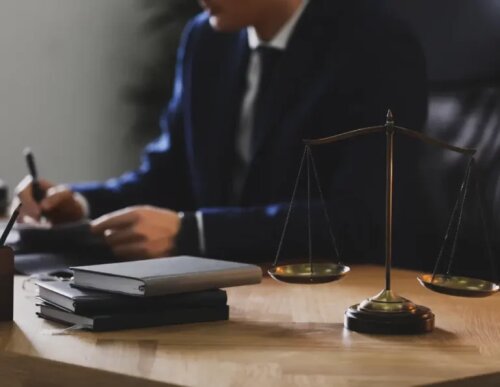Best Child Abuse Lawyers in Charlotte
Share your needs with us, get contacted by law firms.
Free. Takes 2 min.
Free Guide to Hiring a Family Lawyer
List of the best lawyers in Charlotte, United States
About Child Abuse Law in Charlotte, United States
Child abuse is a serious crime in Charlotte, United States, which can have detrimental effects on the physical, emotional, and psychological well-being of a child. It encompasses various forms of maltreatment including physical abuse, sexual abuse, emotional abuse, neglect, and exploitation. The state laws in North Carolina and local regulations in Charlotte aim to protect children from such harm and hold perpetrators accountable.
Why You May Need a Lawyer
If you suspect that a child is being abused or if you have been accused of child abuse, it is crucial to seek legal advice. A lawyer experienced in child abuse cases can help you understand your rights, navigate the legal system, and advocate for the best interests of the child involved. They can provide guidance on reporting abuse, gathering evidence, representing you in court, and ensuring a fair resolution.
Local Laws Overview
In Charlotte, North Carolina, child abuse is governed by state laws that outline the definitions of abuse, reporting requirements, and consequences for offenders. The Department of Social Services (DSS) plays a key role in investigating reports of child abuse and providing protective services to children in need. Understanding the legal framework and procedures specific to Charlotte is essential in addressing cases of child abuse effectively.
Frequently Asked Questions
1. What should I do if I suspect a child is being abused?
If you suspect a child is being abused, you should report it to the Department of Social Services or law enforcement immediately.
2. Can I be held liable for failing to report child abuse?
Yes, under North Carolina law, certain professionals and individuals are mandated reporters and can face legal consequences for failing to report suspected child abuse.
3. What evidence is needed to prove child abuse in court?
Evidence of child abuse can include medical records, witness statements, photographs, and other documentation that supports the allegations.
4. What are the penalties for child abuse in Charlotte?
Penalties for child abuse in Charlotte can vary based on the severity of the abuse and the circumstances of the case, but may include imprisonment, fines, and loss of parental rights.
5. Can child abuse cases be resolved outside of court?
Yes, some child abuse cases may be resolved through mediation or alternative dispute resolution methods without going to court.
6. How can a lawyer help me in a child abuse case?
A lawyer can provide legal advice, represent you in court, negotiate on your behalf, and ensure your rights are protected throughout the legal process.
7. What support services are available for child abuse victims in Charlotte?
Victims of child abuse in Charlotte can access counseling, support groups, and other resources through organizations like the Child Advocacy Center and local shelters.
8. Can a child testify in court about being abused?
Depending on the child's age and ability to communicate, they may be asked to testify in court or provide a statement through a forensic interview process.
9. Are there time limits for reporting child abuse in Charlotte?
While there is no specific time limit for reporting child abuse in Charlotte, it is important to report suspected abuse as soon as possible to protect the child from further harm.
10. How can I support a child who has been abused?
You can support a child who has been abused by listening to them, providing a safe environment, connecting them with support services, and advocating for their needs.
Additional Resources
For further assistance with child abuse cases in Charlotte, you can contact the North Carolina Department of Health and Human Services, Mecklenburg County Child Protective Services, or local advocacy organizations such as Prevent Child Abuse North Carolina.
Next Steps
If you are in need of legal assistance regarding child abuse in Charlotte, consider contacting a reputable law firm specializing in family law or child advocacy. They can guide you through the legal process, protect your rights, and ensure the best interests of the child are upheld.
Lawzana helps you find the best lawyers and law firms in Charlotte through a curated and pre-screened list of qualified legal professionals. Our platform offers rankings and detailed profiles of attorneys and law firms, allowing you to compare based on practice areas, including Child Abuse, experience, and client feedback.
Each profile includes a description of the firm's areas of practice, client reviews, team members and partners, year of establishment, spoken languages, office locations, contact information, social media presence, and any published articles or resources. Most firms on our platform speak English and are experienced in both local and international legal matters.
Get a quote from top-rated law firms in Charlotte, United States — quickly, securely, and without unnecessary hassle.
Disclaimer:
The information provided on this page is for general informational purposes only and does not constitute legal advice. While we strive to ensure the accuracy and relevance of the content, legal information may change over time, and interpretations of the law can vary. You should always consult with a qualified legal professional for advice specific to your situation.
We disclaim all liability for actions taken or not taken based on the content of this page. If you believe any information is incorrect or outdated, please contact us, and we will review and update it where appropriate.









